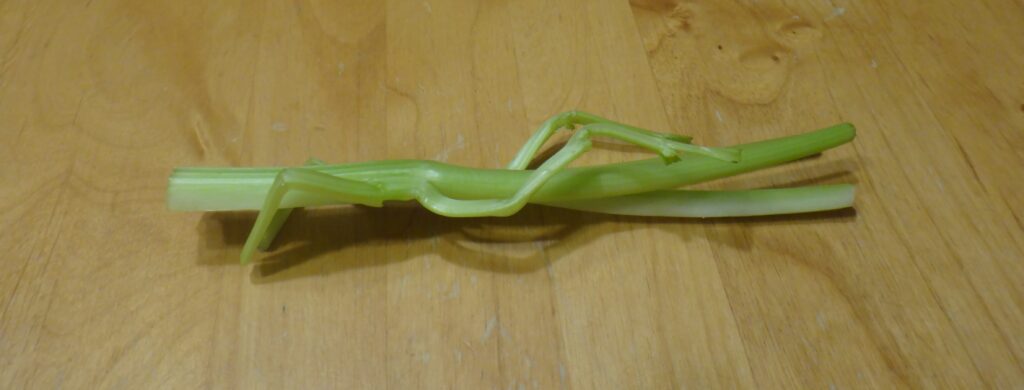
| Shmot / Exodus 10:1 (translation is somewhat paraphrased and interpreted for the sake of clarity of the story and accuracy of meaning) | And G-d said to Moses: come to Pharaoh, for I have burdened (traditionally translated as hardened) his heart, and that of his servants, so as to create the opportunity of displaying my signs* in his presence… | וַיֹּאמֶר ה’ אֶל־מֹשֶׁה בֹּא אֶל־פַּרְעֹה כִּי־אֲנִי הִכְבַּדְתִּי אֶת־לִבּוֹ וְאֶת־לֵב עֲבָדָיו לְמַעַן שִׁתִי אֹתֹתַי אֵלֶּה בְּקִרְבּוֹ׃ |
| 10:2 | and so that you will tell your child, and your grandchild, how, in order that you will know that I am G-d, I displayed my signs,* which made a mockery of the Egyptians. | וּלְמַעַן תְּסַפֵּר בְּאׇזְנֵי בִנְךָ וּבֶן־בִּנְךָ אֵת אֲשֶׁר הִתְעַלַּלְתִּי בְּמִצְרַיִם וְאֶת־אֹתֹתַי אֲשֶׁר־שַׂמְתִּי בָם וִידַעְתֶּם כִּי־אֲנִי ה’׃ |
| 10:3 | Then Moses and Aaron went to Pharaoh, and said to him: “G-d, the God the Hebrews** says: How long will you continue to refuse to respond*** to my demand that my People be sent to worship me? | וַיָּבֹא מֹשֶׁה וְאַהֲרֹן אֶל־פַּרְעֹה וַיֹּאמְרוּ אֵלָיו כֹּה־אָמַר ה’ אֱלֹהֵי הָעִבְרִים עַד־מָתַי מֵאַנְתָּ לֵעָנֹת מִפָּנָי שַׁלַּח עַמִּי וְיַעַבְדֻנִי׃ |
| 10:4 | Because if you refuse to release my People, I will bring locusts within your borders tomorrow. | כִּי אִם־מָאֵן אַתָּה לְשַׁלֵּחַ אֶת־עַמִּי הִנְנִי מֵבִיא מָחָר אַרְבֶּה בִּגְבֻלֶךָ׃ |
| 10:5 | The swarm of locusts will cover the earth, which earth will not be visible. It will eat anything that was not destroyed by the hail, as well as any tree that grows in your fields. | וְכִסָּה אֶת־עֵין הָאָרֶץ וְלֹא יוּכַל לִרְאֹת אֶת־הָאָרֶץ וְאָכַל אֶת־יֶתֶר הַפְּלֵטָה הַנִּשְׁאֶרֶת לָכֶם מִן־הַבָּרָד וְאָכַל אֶת־כׇּל־הָעֵץ הַצֹּמֵחַ לָכֶם מִן־הַשָּׂדֶה׃ . |
| 10:6 | “Your houses, and the houses of all of your servants and all of all Egyptians shall be filled, in a way no ancestor of you ever saw since they first were on this land.” He then left Pharaoh’s presence. | וּמָלְאוּ בָתֶּיךָ וּבָתֵּי כׇל־עֲבָדֶיךָ וּבָתֵּי כׇל־מִצְרַיִם אֲשֶׁר לֹא־רָאוּ אֲבֹתֶיךָ וַאֲבוֹת אֲבֹתֶיךָ מִיּוֹם הֱיוֹתָם עַל־הָאֲדָמָה עַד הַיּוֹם הַזֶּה וַיִּפֶן וַיֵּצֵא מֵעִם פַּרְעֹה׃ |
| 10:7 | Pharaoh’s servants said to him: “Why let this man continue to cause us trouble? Send this People out to worship G-d their god, before all of Egypt is destroyed!” | וַיֹּאמְרוּ עַבְדֵי פַרְעֹה אֵלָיו עַד־מָתַי יִהְיֶה זֶה לָנוּ לְמוֹקֵשׁ שַׁלַּח אֶת־הָאֲנָשִׁים וְיַעַבְדוּ אֶת־ה’ אֱלֹהֵיהֶם הֲטֶרֶם תֵּדַע כִּי אָבְדָה מִצְרָיִם׃ |
| 10:8 | Then Pharaoh had Moses and Aaron brought back to him, and he said to them: “Go, worship G-d your god. Who will be going?” | וַיּוּשַׁב אֶת־מֹשֶׁה וְאֶת־אַהֲרֹן אֶל־פַּרְעֹה וַיֹּאמֶר אֲלֵהֶם לְכוּ עִבְדוּ אֶת־ה’ אֱלֹהֵיכֶם מִי וָמִי הַהֹלְכִים׃ |
| 10:9 | And Moses replied: “Our young and our old, our sons and our daughters, and our flocks and herds will all go, because we will be celebrating a festival to G-d.” | וַיֹּאמֶר מֹשֶׁה בִּנְעָרֵינוּ וּבִזְקֵנֵינוּ נֵלֵךְ בְּבָנֵינוּ וּבִבְנוֹתֵנוּ בְּצֹאנֵנוּ וּבִבְקָרֵנוּ נֵלֵךְ כִּי חַג־ה’ לָנוּ׃ |
| 10:10 | But he said to them… | וַיֹּאמֶר אֲלֵהֶם …׃ |
| 10:11 | No! … | לֹא …׃ {ס} |
| 10:12 | Then G-d said to Moses: “Stretch out your hand over the land of Egypt for the swarm of locusts. Then it will overrun the land of Egypt, and eat all the grass of the land, and all that the hail left (did not already destroy).” | וַיֹּאמֶר ה’ אֶל־מֹשֶׁה נְטֵה יָדְךָ עַל־אֶרֶץ מִצְרַיִם בָּאַרְבֶּה וְיַעַל עַל־אֶרֶץ מִצְרָיִם וְיֹאכַל אֶת־כׇּל־עֵשֶׂב הָאָרֶץ אֵת כׇּל־אֲשֶׁר הִשְׁאִיר הַבָּרָד׃ |
| 10:13 | So Moses held out his rod over the land of Egypt, and G-d drove an east wind over the land all that day and all night; and when morning came, the east wind had brought the swarm of locusts. | וַיֵּט מֹשֶׁה אֶת־מַטֵּהוּ עַל־אֶרֶץ מִצְרַיִם וַה’ נִהַג רוּחַ־קָדִים בָּאָרֶץ כׇּל־הַיּוֹם הַהוּא וְכׇל־הַלָּיְלָה הַבֹּקֶר הָיָה וְרוּחַ הַקָּדִים נָשָׂא אֶת־הָאַרְבֶּה׃ |
| 10:14 | The swarm of locusts invaded the entirety of Egypt, and a thick mass of locusts set down throughout the land; never before had there been such a huge swarm, nor will there ever be one again. | וַיַּעַל הָאַרְבֶּה עַל כׇּל־אֶרֶץ מִצְרַיִם וַיָּנַח בְּכֹל גְּבוּל מִצְרָיִם כָּבֵד מְאֹד לְפָנָיו לֹא־הָיָה כֵן אַרְבֶּה כָּמֹהוּ וְאַחֲרָיו לֹא יִהְיֶה־כֵּן׃ |
| 10:15 | And [the swarm] covered the land completely, so much so that the land was dark [because no light could get through the solid mass of locusts]. And [the swarm] ate all the grass and all the fruit that remained on the land after the hail. So that nothing remained growing on the trees or in the fields in the entire land of Egypt. | וַיְכַס אֶת־עֵין כׇּל־הָאָרֶץ וַתֶּחְשַׁךְ הָאָרֶץ וַיֹּאכַל אֶת־כׇּל־עֵשֶׂב הָאָרֶץ וְאֵת כׇּל־פְּרִי הָעֵץ אֲשֶׁר הוֹתִיר הַבָּרָד וְלֹא־נוֹתַר כׇּל־יֶרֶק בָּעֵץ וּבְעֵשֶׂב הַשָּׂדֶה בְּכׇל־אֶרֶץ מִצְרָיִם׃ |
| 10:16 | So Pharaoh hurried to call Moses and Aaron, and said “I sinned before G-d your god, and wronged you. | וַיְמַהֵר פַּרְעֹה לִקְרֹא לְמֹשֶׁה וּלְאַהֲרֹן וַיֹּאמֶר חָטָאתִי לַיהֹוָה אֱלֹהֵיכֶם וְלָכֶם׃ |
| 10:17 | “And now, lift off my sin. But this time, plead to G-d your god to remove this death from me.” | וְעַתָּה שָׂא נָא חַטָּאתִי אַךְ הַפַּעַם וְהַעְתִּירוּ לַיהֹוָה אֱלֹהֵיכֶם וְיָסֵר מֵעָלַי רַק אֶת־הַמָּוֶת הַזֶּה׃ |
| 10:18 | So he left Pharaoh’s presence and pleaded to G-d. | וַיֵּצֵא מֵעִם פַּרְעֹה וַיֶּעְתַּר אֶל־ה’׃ |
| 10:19 | Then G-d shifted the strong Western wind, which carried off the swarm of locusts, hurling them towards the Sea of Reeds. Not a single locust remained within the borders of Egypt. | וַיַּהֲפֹךְ ה’ רוּחַ־יָם חָזָק מְאֹד וַיִּשָּׂא אֶת־הָאַרְבֶּה וַיִּתְקָעֵהוּ יָמָּה סּוּף לֹא נִשְׁאַר אַרְבֶּה אֶחָד בְּכֹל גְּבוּל מִצְרָיִם׃ |
* The word “signs” (singular: אוֹת) is used in reference to a significant symbolic gesture mark of designation. It is the same word used in reference to the tefillin put on one’s arms (or perhaps the marks of the straps left afterwards), the mark used to protect Cain (Genesis 4:15), the rainbow as a sign of the covenant between G-d and man that G-d will never again destroy the earth (Genesis 9:13). Think “I need a sign from G-d,” or “it is a symbol of my love,” rather than “do you see the exit sign?” Citations found in:
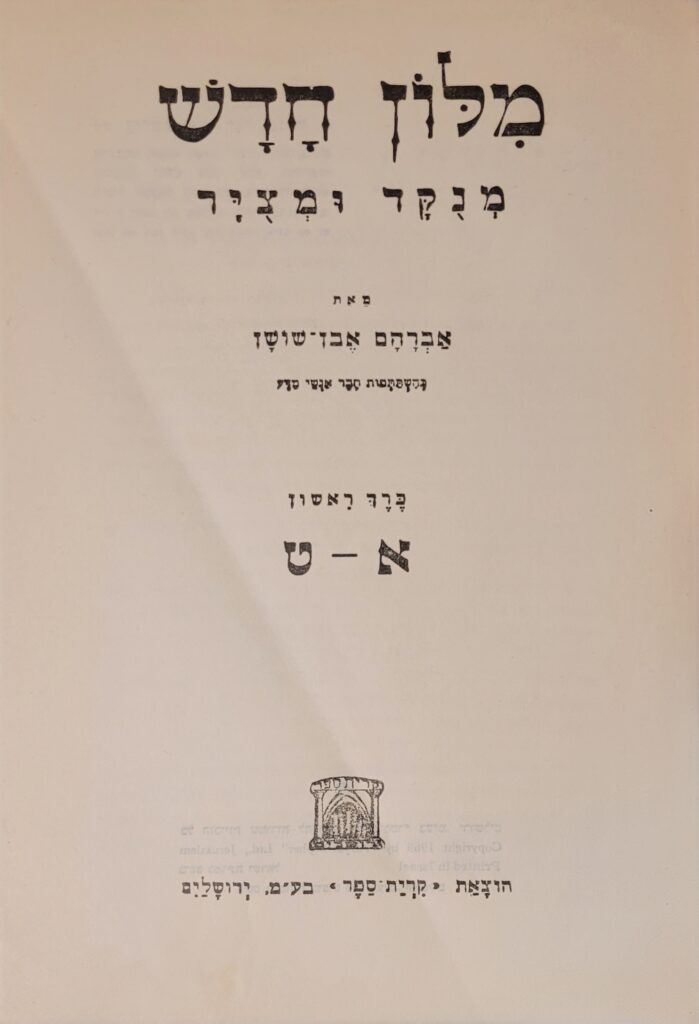
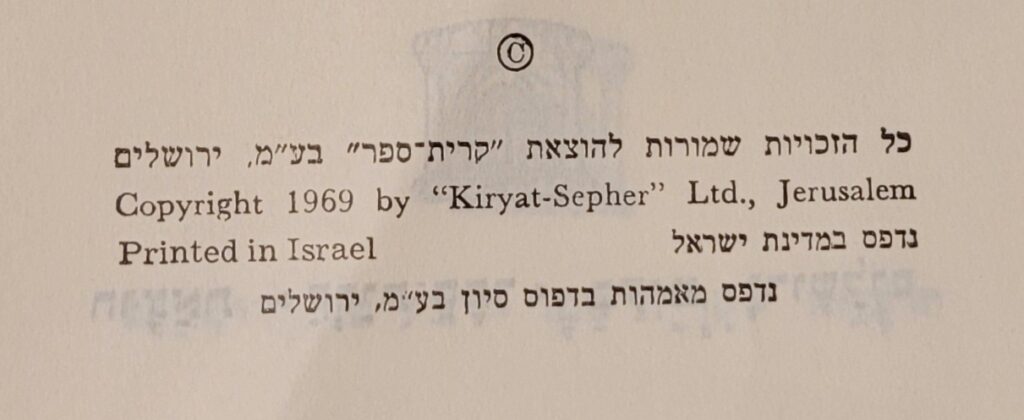
** The word Hebrews is an accurate translation here, as it is in reference to the fact that we continued to speak Hebrew even during the hundreds of years in Egypt, and thus maintained our separate identity.
*** Most translations say “humble,” but, referencing the below text, I believe a more accurate translation (which inevitably includes only one of multiple layers of meaning of a word) would be to give up the fight. G-d is not asking Pharaoh, here, to worship Him. He just asks why Pharaoh keeps fighting allowing US to worship Him. The following book was referenced in coming to this conclusion:
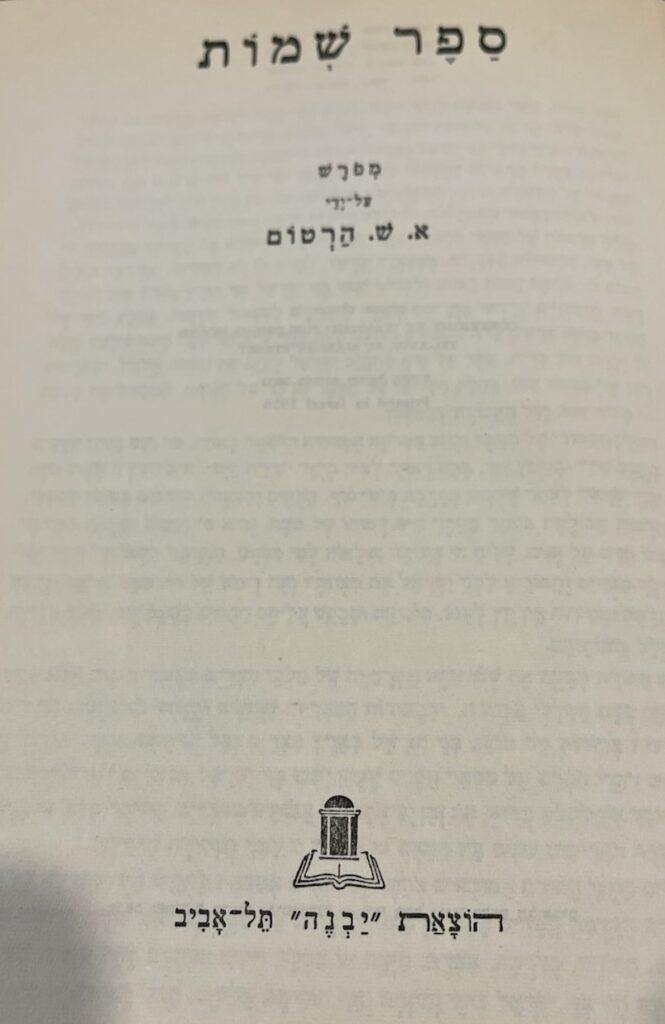
Well… we were iced in when I was preparing this week’s parsha, so the photo shown does not reflect the envisioned final project. However, believe me…putting this little celery guy on a pretzel rod adds quite a bit, both to the visualization and the snack!
Ingredients:
- Celery (one stalk per person, make sure it is NOT trimmed)
- Pretzel Rod (optional, not shown)
Tool:
- Knife
Instructions:
- From a whole celery head,
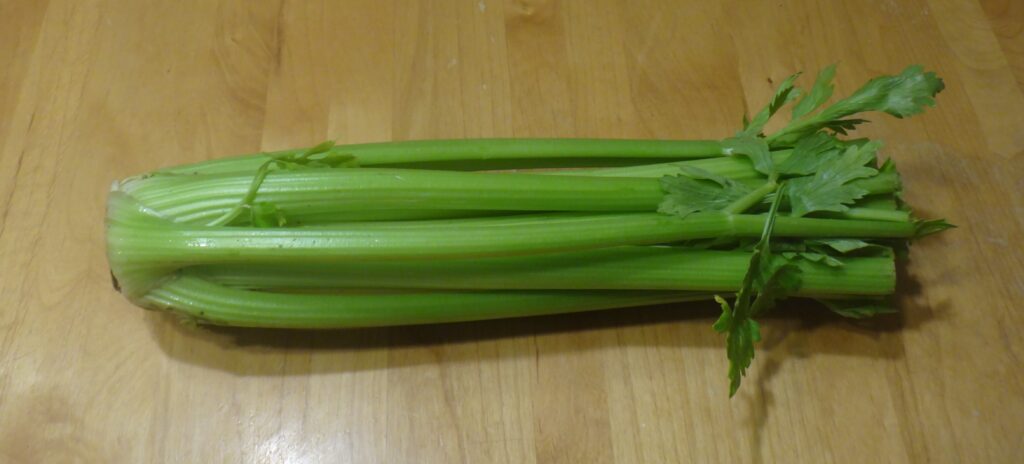
2. Choose one stalk per person, that has some ends. You want two branches on each stalk.
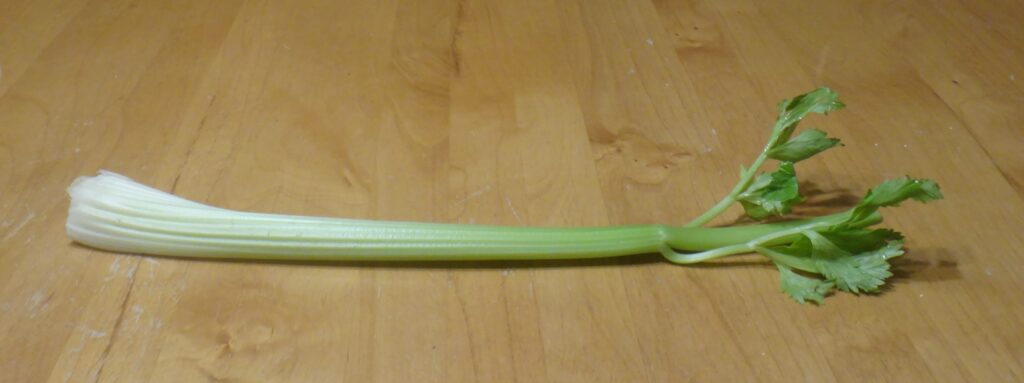
3. Cut so that the base is about 1/3 of the length of the longer ends you want to use.

4. Trim the branches, if desired.
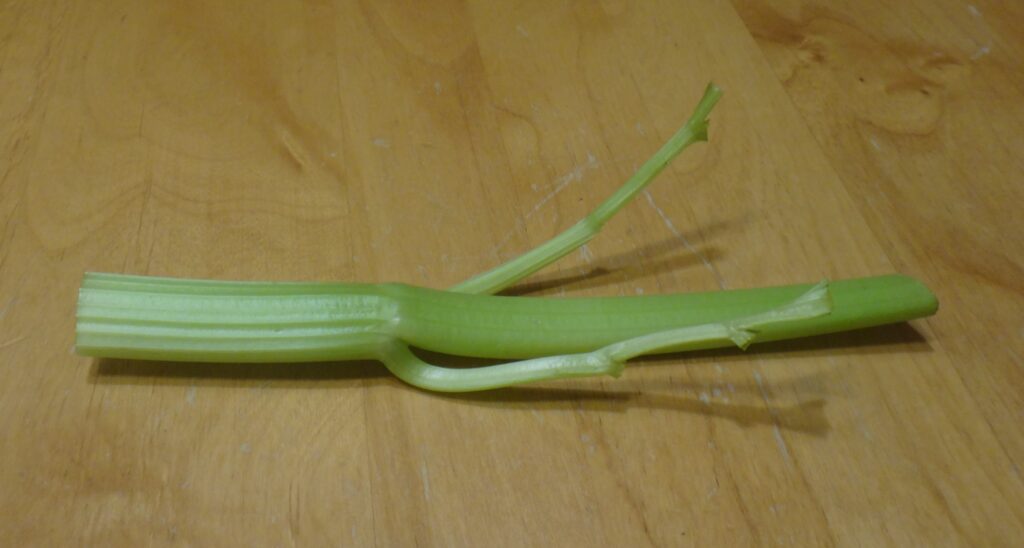
5. Put two slits in the base (fatter end) toward the edge, to form the front legs. Add two slits in the top (thinner end) toward the middle, to separate out the tail.
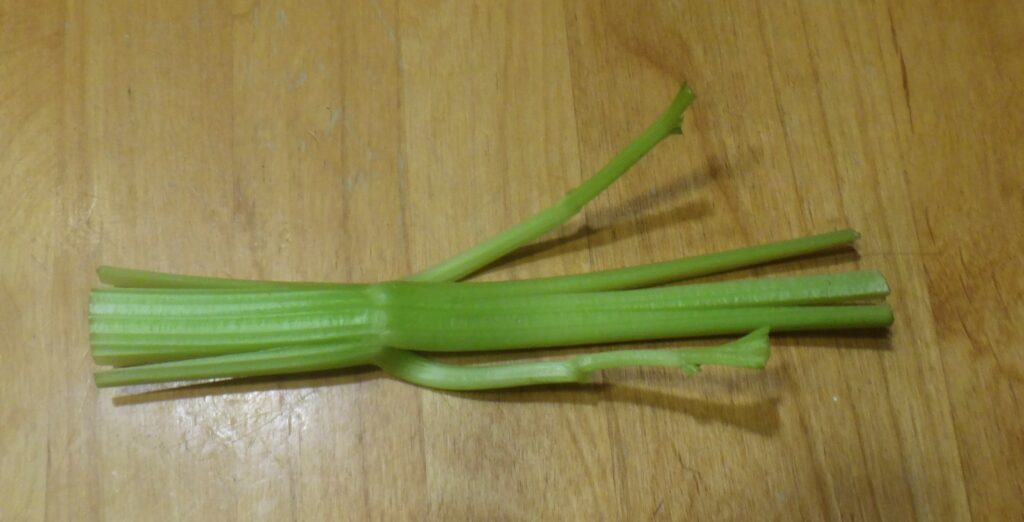
6. Gently pull the “tail” end down and bend the front and back “legs” to create the locust.
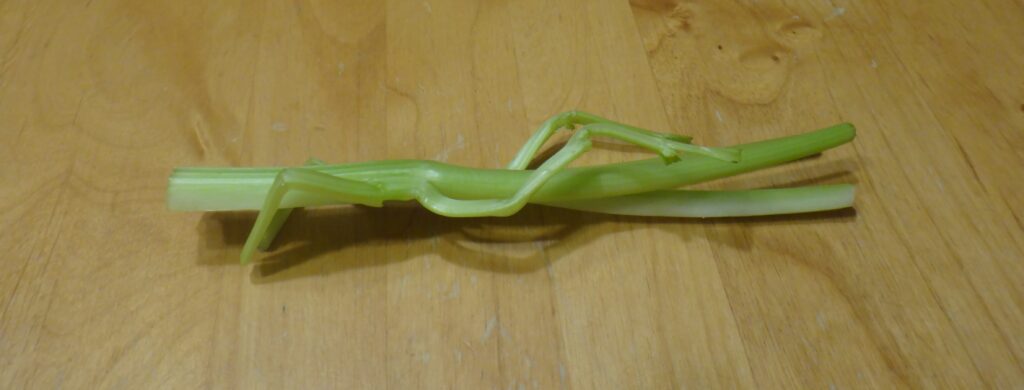
Place on a pretzel rod (not shown) for the full effect! If desired, serve with hummus for a tasty, filling snack!

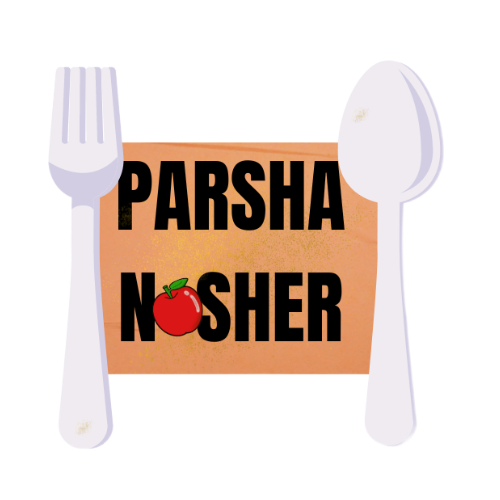
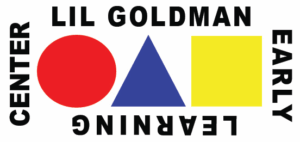
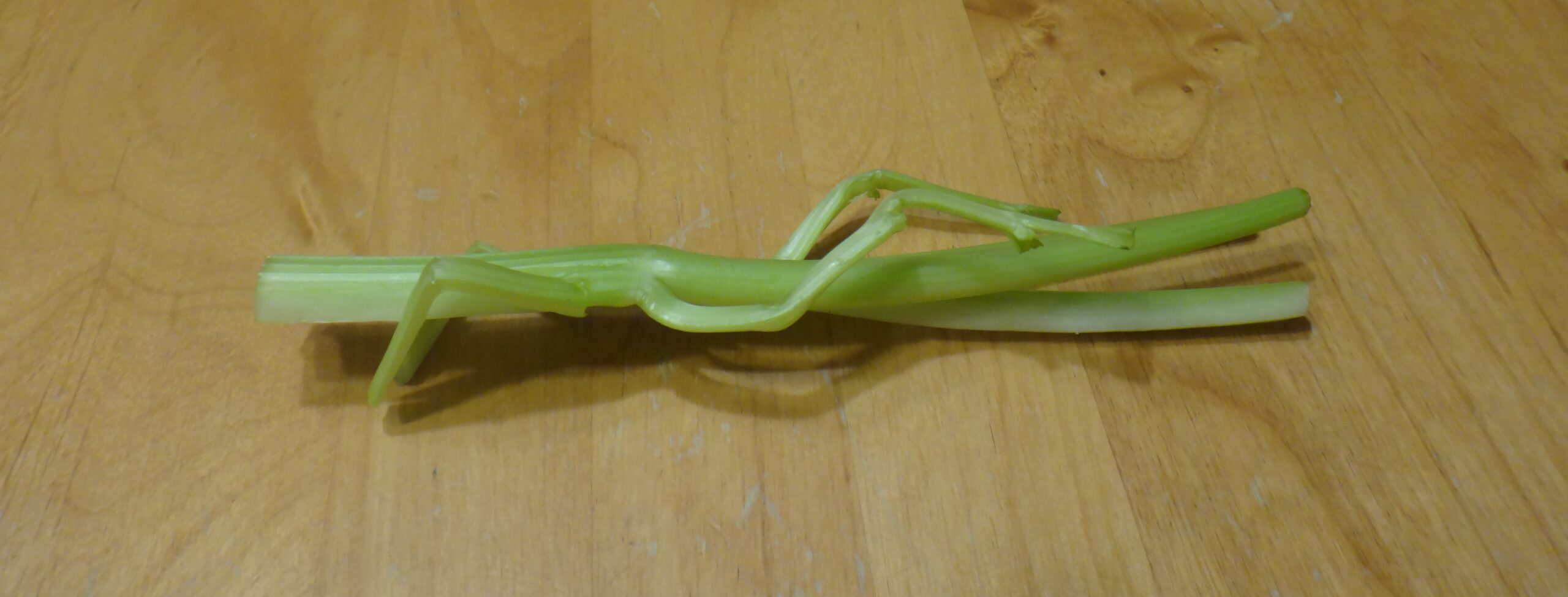
Leave a Reply